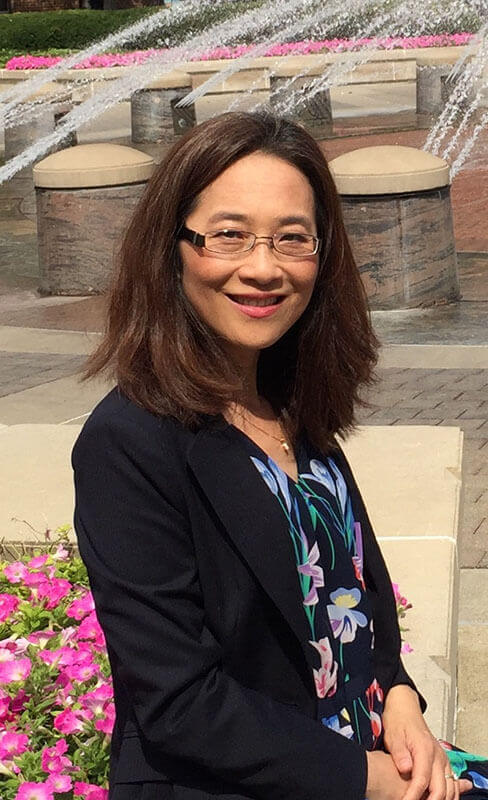May 7, 2018
Lying on the beach not the best way to refresh, says wellness tourism expert
 Xinran Lehto
Xinran Lehto
Download image
WEST LAFAYETTE, Ind. — Relaxing on the beach may seem like the ideal summer trip, but a Purdue University expert on wellness tourism said there’s a better recipe for a refreshing vacation.
“Variation” is one of five factors identified in a 2013 study by Xinran Lehto, a member of the Purdue Tourism and Hospitality Research Center, that contribute to the restorative qualities of vacation destinations, allowing vacationers to mentally and physically recharge.
“Lying on the beach for many, many days is not the best way to recharge yourself,” Lehto said. “After a while you get bored and anxious, then you start thinking about work and things at home you need to do. That’s not healthy for you. Instead, the place should have enough variation of interest and activities that have depth for you to be engaged with. The scope and depth of activities is actually more important.”
Planning a peaceful and engaging vacation is crucial in today’s demanding work environment, Lehto said. One in three American employees are viewed as being chronically overworked, while half of the United States workforce receives fewer than 15 days off per year, according to the U.S. Families and Work Institute.
Combined with variation, Lehto said these factors are the recipe to a successful vacation:
Fascination: “A very fatigued person, a very tired person, really should go to a place that provides fascination instead of a place that’s already set in stone in their minds. Once you are attracted to a particular scene, you rest what we call your directed attention – the kind of focused mental energy that you need on a daily basis in order to funcation well for work and study– and activate your indirect attention, which is being drawn to things that make you a being of thought. Vacationers need to be readily and effortlessly absorbed by things they see and do at a destination. It is important for a travel destination to provide environments and activities that can pique your imagination and curiosity without requiring you to exert the mental energy associated with your everyday life.”
Compatibility: “It would be optimal if you go to a place where you are at ease and you feel compatible, so you don’t exert energy feeling anxious or having intensity of cognition. Also, the place itself and the elements of the place – for instance, a resort – should be compatible with the natural environment and the cultural environment. You are in harmony with the setting; and the activities, the services they provide are in harmony with the setting; and the chance for you to feel recharged is better.”
“Away-ness”: You have to feel that you are physically and mentally far away from your ‘everyday-ness.’ You should go to a place where you feel like the smell is unique, the landscape is interesting, the sounds are interesting – things that create a physical contrast from your ‘everyday-ness.’ If you are seeking rejuvenation benefits, traveling to places that physically contrast your everyday living environment in geographic or locale characteristics such as contrasting climate, physical terrains or tangible cultural and built landscapes may be conducive to gaining such vacation benefits.
“Mental ‘away-ness’ is much harder because of our connection with technology, but it is important to effectively recover from mental fatigue. That psychological distance between your usual routine or ongoing pursuit of activities and purposes is needed for you to feel renewed. When you have a break, have a real break.”
Orientation: “Orientation – service, signage and everything that helps you orient yourself – is very important so you’re at ease, you feel like you have a sense of place. You feel like you’re empowered and it helps regain directed attention that you are deprived of on a daily basis.”
Writer: Joseph Paul, 765-494-9541, paul102@purdue.edu
Source: Xinran Lehto, 765-404-0327, xinran@purdue.edu

